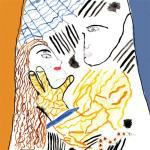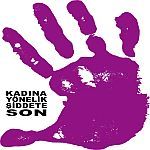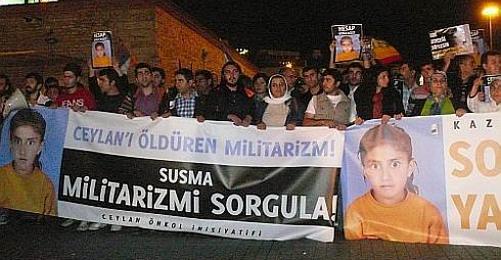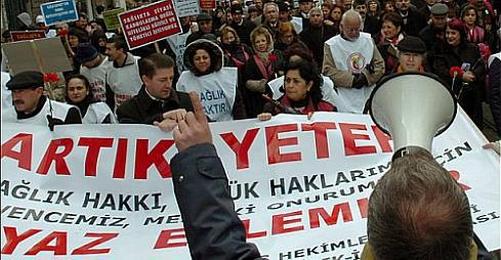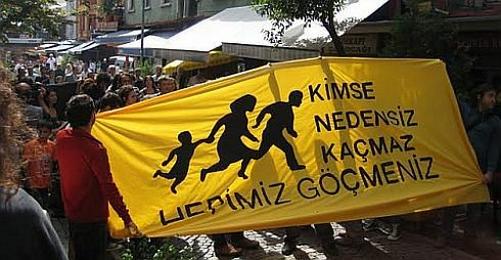The first case of domestic violence brought to the European Court of Human Rights (ECHR) has ended with Turkey being convicted of not having protected Nahide Opuz from her violent former husband.
The court decreed that if a woman in Turkey who was exposed to violence applied to the prosecution and was then not protected by the state, this represented discrimination.
The court has awarded Opuz 36,500 Euros in compensation. She had appealed to the ECHR in 2002, accusing the state of not protecting her from her husband H.O.'s violence.
After a five-year relationship, they had married in 1995. Opuz, who has three children, and her mother were beaten, stabbed and even hurt in an attempt to run them over by car in the following three years.
Not detained for trial
H.O. was tried for causing grievous bodily harm and attempted murder, but he was not punished as there was a "lack of evidence."
He was taken into custody twice and then released to be tried without detention.
When the two women withdrew their complaints, the trials were dropped, as they were based on their complaints.
Fines for extreme violence
H.O. was only sentenced to three months imprisonment for the attempt to run them over by car, and this was converted into a fine.
On 29 October 2001, H.O. stabbed his wife seven times. When he again got away with a fine, he told the police, "We fight a lot because her mother interferes."
Stating that their lives had been in danger between April 1998 and October/November 2002, the two women complained against H.O. and demanded his arrest.
Mother killed
Finally, on 11 March 2002, the mother decided to take her daughter Nahide Opuz with her to Izmir to settle there. However, H.O. stopped the vehicle they were in and shot the mother, killing her.
Nahide Opuz later applied to the ECHR, saying that authorities had not protected their right to life, and that local courts had ignored the violence that she and her mother experienced.
Violation of several rights
The application argued that Article 2 of the European Convention on Human Rights, which protects the "right to life" had been violated, as well as Article 3 (which bans torture, inhumane and degrading treatment) and Article 13, which protects the right to effective applications to courts.
The application also noted that there was no article protecting women from domestic violence, but that the gender-based violence represented a violation of the ban on discrimination enshrined in Article 14.
Opuz "pleased but still in danger"
Opuz's lawyer, Arzu Başer, has said that her client is delighted at the decree. The lawyer said that the court decision showed that there was discrimination between men and women in Turkey, and that this was an indication of the high rate of domestic violence experienced.
"This decree cannot make up for her mother being killed or her being exposed to countless acts of violence. Opuz is still threatened by her husband. I hope that after this decision, Opuz is given police protection. Only in October last year did Opuz apply to the prosecution again, filing a complaint against her former husband for threatening her. Opuz has children, but out of fear that her former husband may harm them, they do not live with her. She was given police protection before, but only for one week. We want her to receive protection for as long as her husband threatens her."
H.O. currently not in prison, awaiting appeal result
According to the BBC news website, H.O. received a life sentence for the murder of Opuz's mother, but was released pending an appeal on the grounds that he had committed the murder to protect his family's "honour."
Lawyer Başer has expressed the hope that H.O: will receive a life sentence in the retrial when the case returns from the Supreme Court of Appeals: "Only then can Nahide Opuz stop being afraid." (EZÖ/AG)










